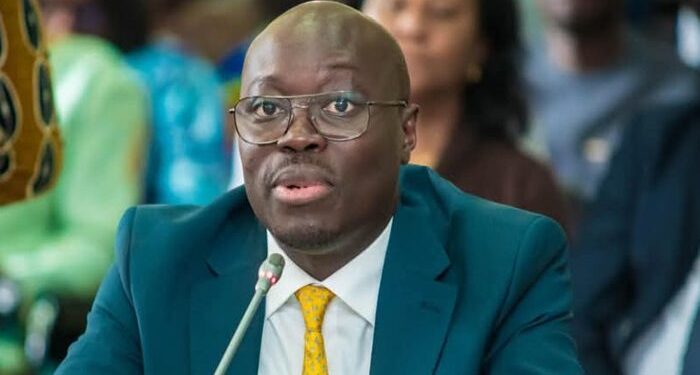The International Monetary Fund (IMF) is set to engage the government in critical discussions this week as Ghana finalises its 2025 budget, with major tax reforms and energy sector debts high on the agenda.
At the heart of the discussions is the government’s plan to scrap key tax policies, including the E-levy, betting tax, and COVID-19 levy.
These taxes, introduced by the previous administration to boost revenue, have been widely criticised by businesses and citizens.
With Ghana currently under a $3 billion IMF-supported Extended Credit Facility (ECF) programme, the fund will assess how these proposed tax cuts align with the country’s fiscal consolidation targets.
The IMF is expected to demand a clear strategy to ensure that revenue shortfalls from these removals do not derail Ghana’s economic recovery.
Read Also: ORAL Committee to submit corruption report next week
Another major issue set to dominate the talks is Ghana’s energy sector debt, which has soared past $2 billion.
The financial strain on Independent Power Producers (IPPs) has raised concerns over possible power supply disruptions if the government fails to clear outstanding arrears.
The IMF will likely push for structural reforms in the energy sector to improve financial sustainability and ensure stable electricity supply.
The government is expected to present a roadmap detailing how it will offset revenue losses, address energy sector debts, and maintain macroeconomic stability while implementing these tax reforms.
The outcome of these discussions will be closely monitored by investors, businesses, and multilateral partners, as Ghana seeks to balance fiscal discipline, economic growth, and energy sector stability.

























